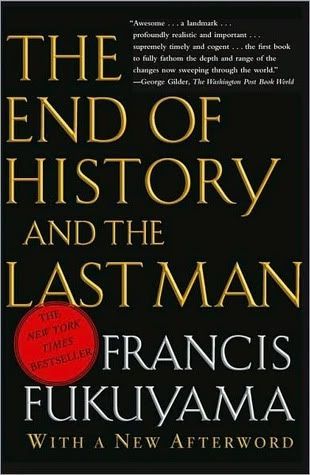Often, I would read about things that make me embarrassed of even downright ashamed of my country. I'm aware of its rather dirty history, and I don't have such faith in it to be certain that it's not involved in some reprehensible business today. In this light, is there any place for patriotism?
I find it amazing how people get up in arms over criticism of their country. Some of them do not even care if the criticism holds some truth. That or they are simply convinced that it is false. Perhaps to them, their country can do no wrong. What is the source of such touchy pride?
I'd like to say that it's because these people are aware of the historical significance of their statehood, because they truly understand how it compares to the alternatives. But that is a distant knowledge, if it can be grasped at all. Rather, I suspect the source is found in 'education' and propaganda, in the meanings they imbue through symbolic power and in the paranoid alternative scenarios that they plant in people's minds.
It is patently ridiculous that the paraphernalia and icons of national identification are treated with such reverence, so much so that acts that indicate disrespect towards them may be subject to legal sanction. These symbols are said to have a unifying function, yet in affording them true iconic status, the real things that they might have stood for become overlooked, relegated into the obscurity reserved for complex ideas that seem difficult for the minds of the brash to hold.
Thus we have the flag, the lion and what-not, symbols that are regularly wheeled out to summon feelings of pride and attachment so the masses can cheer as they did for kings. These are closely associated with the conception of the nation, together with and sometimes more prominently than real things such as community and solidarity with your fellowmen. They are mere noise, the pop of party poppers and the drunken singing of anthems before the wars that kill citizens in the name of the fatherland.
Far from being its defender, the unthinking patriot who is swayed by these icons, by pithy calls to augment the glory of the nation, is a danger to the community. It is the patriot who gives strength to hegemony and oppression. In his blindness, he may allow all manner of evil and political deception to come to pass. What's more, he may play the role of a soldier and marshal for them, actively aiding them and coercing his countrymen. Hence, if there is one slogan that we must have for patriotism, let it be "Death to the patriot!”
Patriotism in peacetime is as useful as anger is while one is resting.
I find it amazing how people get up in arms over criticism of their country. Some of them do not even care if the criticism holds some truth. That or they are simply convinced that it is false. Perhaps to them, their country can do no wrong. What is the source of such touchy pride?
I'd like to say that it's because these people are aware of the historical significance of their statehood, because they truly understand how it compares to the alternatives. But that is a distant knowledge, if it can be grasped at all. Rather, I suspect the source is found in 'education' and propaganda, in the meanings they imbue through symbolic power and in the paranoid alternative scenarios that they plant in people's minds.
It is patently ridiculous that the paraphernalia and icons of national identification are treated with such reverence, so much so that acts that indicate disrespect towards them may be subject to legal sanction. These symbols are said to have a unifying function, yet in affording them true iconic status, the real things that they might have stood for become overlooked, relegated into the obscurity reserved for complex ideas that seem difficult for the minds of the brash to hold.
Thus we have the flag, the lion and what-not, symbols that are regularly wheeled out to summon feelings of pride and attachment so the masses can cheer as they did for kings. These are closely associated with the conception of the nation, together with and sometimes more prominently than real things such as community and solidarity with your fellowmen. They are mere noise, the pop of party poppers and the drunken singing of anthems before the wars that kill citizens in the name of the fatherland.
Far from being its defender, the unthinking patriot who is swayed by these icons, by pithy calls to augment the glory of the nation, is a danger to the community. It is the patriot who gives strength to hegemony and oppression. In his blindness, he may allow all manner of evil and political deception to come to pass. What's more, he may play the role of a soldier and marshal for them, actively aiding them and coercing his countrymen. Hence, if there is one slogan that we must have for patriotism, let it be "Death to the patriot!”
Patriotism in peacetime is as useful as anger is while one is resting.

